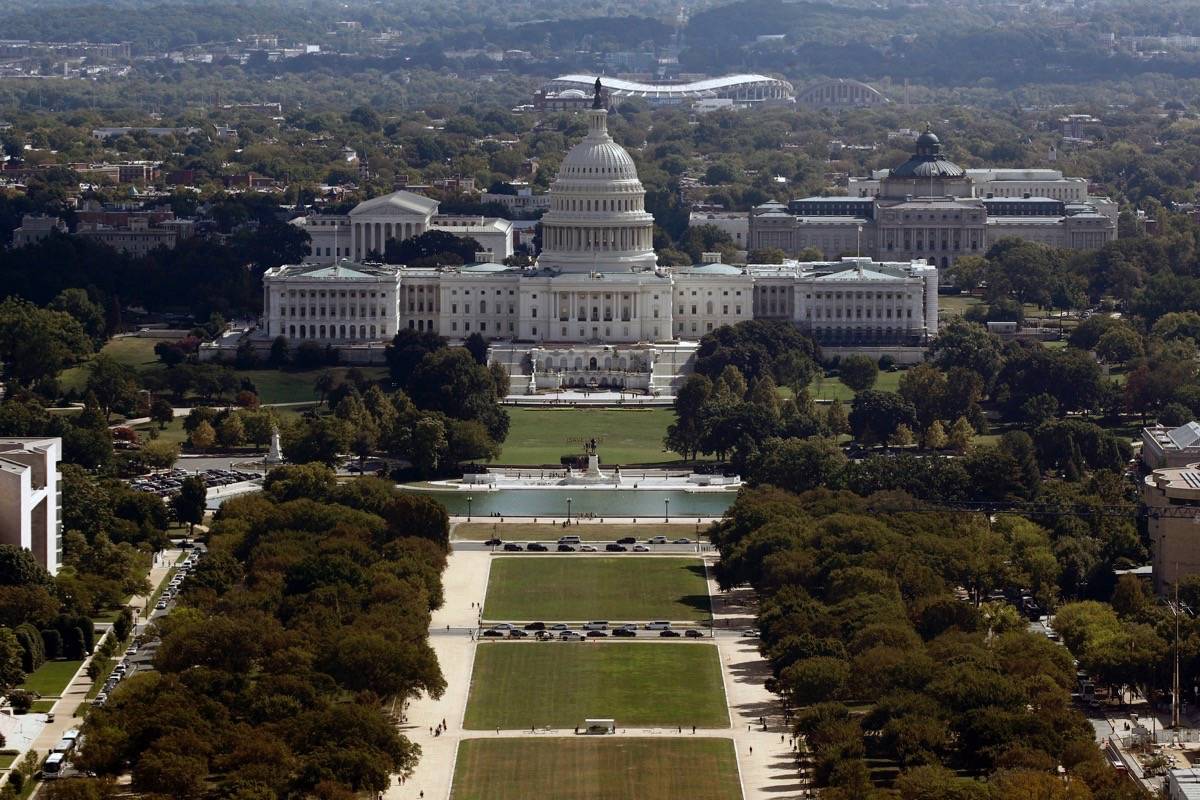There’s a hunger for accurate and useful news coverage right now — even more so than usual — because of the continuing coronavirus pandemic and because we’re now only a few months away from a consequential election for the state and the nation.
But that demand also comes at a time when the pandemic has tightened budgets for families and businesses, two sources of support that local journalism — in particular newspapers — have long depended upon to underwrite that coverage: subscriptions and advertising.
Like a lot of businesses, The Peninsula Clarion and its parent, Sound Publishing, have faced tough decisions to cut costs while still meeting the demand to provide news and community coverage that informs and entertains. And those decisions are little different than what other local journalism providers are having to confront throughout the nation.
Already dealing with dwindling losses in revenue from subscriptions and advertising, newspapers across the country have been hit even harder since the beginning of the pandemic. In May, The New York Times estimated that some 36,000 employees at U.S. news media companies had been laid off, furloughed or had their work hours and pay reduced since the pandemic’s arrival. The Clarion and other Sound publications have not escaped such cost-cutting measures.
But as important as the work of local journalism is, a business such as a newspaper can only empathize with decisions by subscribers or advertisers to economize and cut expenses where they can.
Still, when a bad economy forces such cuts, the loss of local journalism affects the ability of local governments, businesses and nonprofits to communicate with residents and customers, feeding a downward cycle of diminishing returns for the entire community.
But there may be a model for some relief in the federal Paycheck Protection Program — passed by Congress in the early months of the pandemic — that has helped businesses across the country and in Snohomish County. As many as 10,000 businesses here have received up to $10 million to keep employees on the job.
Bipartisan legislation in the U.S. House, the Local Journalism Sustainability Act, rather than provide direct grants or loans to local news publications, however, would establish tax credit programs that would encourage local news subscribers and businesses to support their local publications.
Introduced last month in the House by U.S. Rep. Dan Newhouse, R-Wash., representing the state’s 4th Congressional District, and by Rep. Ann Kirkpatrick, D-Arizona, the legislation would establish three tax credit programs:
Businesses of fewer than 1,000 employees would be eligible for a five-year tax credit — up to $5,000 in the first year and $2,500 in subsequent years, to purchase advertising in local newspapers and online news media;
Subscribers to local media would be eligible for a five-year tax credit of $250 annually to support local publications; and
Local newspapers and media would be eligible for a tax credit of up to $50,000 to be used as compensation to hire local journalists.
In effect, readers and local businesses get help to purchase subscriptions or advertising and local publicans benefit from that support.
The act has drawn bipartisan support from 24 representatives. Along with Newhouse, Washington state Democratic Reps. Denny Heck and Derek Kilmer have signed on as cosponsors.
Local journalists and newspapers are essential to ensuring the public and local communities remain informed, Newhouse said in a statement when the act was introduced.
“By providing tax credits for readers and local businesses and by empowering our local journalists, we can begin to help our newspapers remain resilient and continue to provide important information and updates to our rural communities,” he said.
The legislation also has the support of industry leaders, including Dean Ridings, chief executive of America’s Newspapers, and Mark Adelman, president of the National Newspaper Association.
“The Local Journalism Sustainability Act includes measures that will not only help newspapers continue to serve as vital information first responders in their community, but also help local businesses recover and widen access to trusted local news sources,” Ridings said.
And the act comes at a critical time.
“If there is anything worse than losing journalists during a pandemic, it is losing journalists during a pandemic in an election year,” Adelman added. “A lot is at stake in our democracy right now.”
The Peninsula Clarion has been gratified to see the response of readers to our recent fundraising campaign to support our journalism. We now ask that readers and subscribers encourage their members of Congress to support this legislation, and if adopted, take advantage of the tax credits to further support the work we do in the community.

